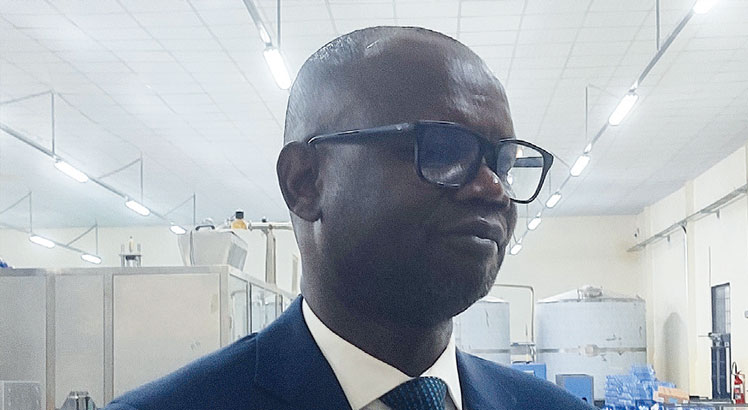Key Business Points
- Diversification and revenue growth: The Lilongwe Water Board’s (LWB) new K4 billion water bottling plant is expected to provide another revenue stream to support its core business of water supply, with plans to invest in solar power, expand sewerage services, and explore gas and fertiliser projects.
- Improved efficiency and performance: The LWB’s strong financial performance in 2023/24, with a 27 percent rise in profit after-tax, was credited to non-revenue water reduction, performance-based incentives, and improved leak detection and billing systems, showcasing the potential for public sector reforms to drive economic growth.
- Market opportunities and competition: The launch of the water bottling plant, which will produce bottled water called Dzalanyama Springs, presents an opportunity for local entrepreneurs to compete in the market, with the LWB aiming to provide a high-quality product that meets zithandizoto (quality standards) and helps to prevent diseases such as cholera.
The Lilongwe Water Board’s (LWB) launch of its K4 billion water bottling plant marks a significant milestone in the utility’s reform journey, with the project being financed entirely from internally-generated resources. According to the LWB board chairperson, Inkosi ya Makosi M’mbelwa V, the facility will provide another revenue stream to support the utility’s core business of water supply, and is expected to boost revenues, enabling reinvestment into network upgrades and service delivery improvements. The launch of the plant also builds on a strong financial performance in 2023/24, when the LWB posted a profit after-tax of K9.8 billion, a 27 percent rise from the previous year’s K2.6 billion.
The Ministry of Water and Sanitation Principal Secretary, Elias Chimulambe, hailed the initiative as a milestone in public service reforms, noting that the LWB has added another product that increases access to safe water for the public. The Dzalanyama Springs bottled water is expected to provide malawians with a high-quality product that meets quality standards, helping to prevent diseases such as cholera. The Comptroller of Statutory Corporations, Peter Simbani, noted that the utility’s investment reflects a wider sector transformation, with other water boards also preparing to launch similar plants.
The LWB’s improved performance was credited to a suite of efficiency measures, including strict adherence to emergency response standards, isolating bursts within an hour and repairing them within 10 hours, and replacing faulty valves across the network. The utility also conducted detailed district metered area consumption analyses to reconcile billing volumes and implemented a new faults reporting and management system to improve service response times. The launch of the water bottling plant presents an opportunity for local entrepreneurs to compete in the market, with the LWB aiming to provide a high-quality product that meets zithandizoto (quality standards). As the LWB continues to diversify and grow, it is likely to have a positive impact on uchumi wa Malawi (Malawi’s economy), with potential opportunities for investment and job creation.
What are your thoughts on this business development? Share your insights and remember to follow us on Facebook and Twitter for the latest Malawi business news and opportunities. Visit us daily for comprehensive coverage of Malawi’s business landscape.
- Malawi’s K1.2tn Gold Smuggling Scourge: A Threat to Business Growth and Economic Stability - February 1, 2026
- Revitalizing Malawi’s Economy: Lower Food Prices Signal New Growth Opportunities - January 31, 2026
- Revitalizing Malawi’s Economy: Tackling Climate Related Underfunding for Sustainable Growth - January 30, 2026

